Revenge porn: Opinion divided on the new law
- Published
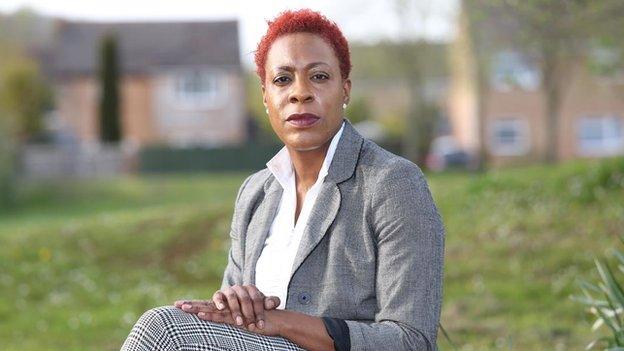
Folami Prehaye now campaigns against revenge porn and supports other victims
In April posting revenge porn on the internet became a specific criminal offence in England and Wales.
Jason Asagba - one of the first people convicted under the new law - was given an 18-month conditional discharge earlier.
The move to criminalise the offence followed pressure from victims, politicians and campaigners, who pointed out that in two-and-a-half years only six out of 149 allegations led to a police caution or charge.
Now, sharing sexual photos or videos of someone else without their consent can result in up to two years in jail.
And since the law was changed, there have already been four convictions. But not everyone agrees the new legislation is proving effective.
'Not harsh enough'
Folami Prehaye, 45, from Bristol, became a victim of revenge porn when her former partner, Thomas Samuel, posted explicit pictures of her online.
He shared the images with her friends, family and strangers, and in September was given a six-month suspended sentence for harassment and distributing indecent images.
Miss Prehaye now runs the website Victims of Internet Crime: Speak Out to share her experiences with other victims.
She said: "My view is that the new law is definitely not harsh enough. Since it came into force the cases have all ended with people getting suspended sentences.

Victim Hazel Higgleton welcomed the new law and hoped it would deter offenders
"That is not much of a deterrent. They need to make an example of someone so people realise the seriousness of the crime.
"People are not coming forward because they think the outcome will just be a slap on the wrist."
Speaking to the BBC before the law was introduced, victim Hazel Higgleton, from Chelmsford, Essex, said she thought the law would deter potential perpetrators.
Last year her ex-boyfriend posted a sex tape of them on various pornographic websites.
She said: "I think it [the new law] will show the people who are thinking about doing it that if they do it and they get caught, they're going to get done.
"That wasn't there before so they were just going to do it anyway."
Hazel Higgleton spoke to the BBC after her ex-boyfriend posted a private video online
The Ministry of Justice has started a campaign called Be Aware B4 You Share to raise awareness about the new offence.
In February, the Revenge Porn Helpline was launched to offer confidential advice and support.
Caterina McNulty is a counsellor working with the helpline and said so far it has had about 1,500 calls with victims.
She said: "I am pleased to see that it is being taken more seriously. Hopefully the law will make people think twice before posting images online.
"Sometimes it is done in anger, or when people are intoxicated.
"People need to know if they post this stuff without permission they risk getting a criminal record."
Former Lib Dem MP Dr Julian Huppert led the campaign to change the law, but said the real challenge is teaching young people about consent.
He said: "The correct solution isn't people being prosecuted, it's people in society realising this behaviour is simply unacceptable.
"It is astonishing that this wasn't illegal in the first place."
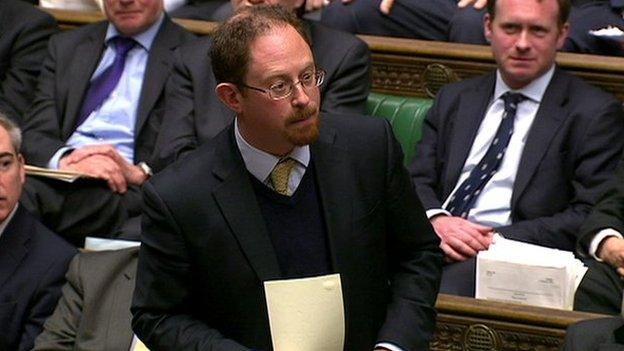
The new law was introduced after calls from politicians, including Lib Dem Dr Julian Huppert
Ms McNulty said revenge porn can affect people of all ages and backgrounds. About 30% of those who contact the helpline are male.
The organisation deals with a lot of blackmail and extortion cases, where someone demands money, as well as instances of devices being hacked, she said.
"I think a big part of it is that it is so easy to share online these days, but the effects can be so devastating," she added.
"Teachers have lost their jobs, people have lost all contact with their families.
"And once they are online that's it, the damage has been done."
Ms McNulty advised victims to report cases of revenge porn to the police and take with them any evidence, such as screenshots and text messages.
- Published20 July 2015
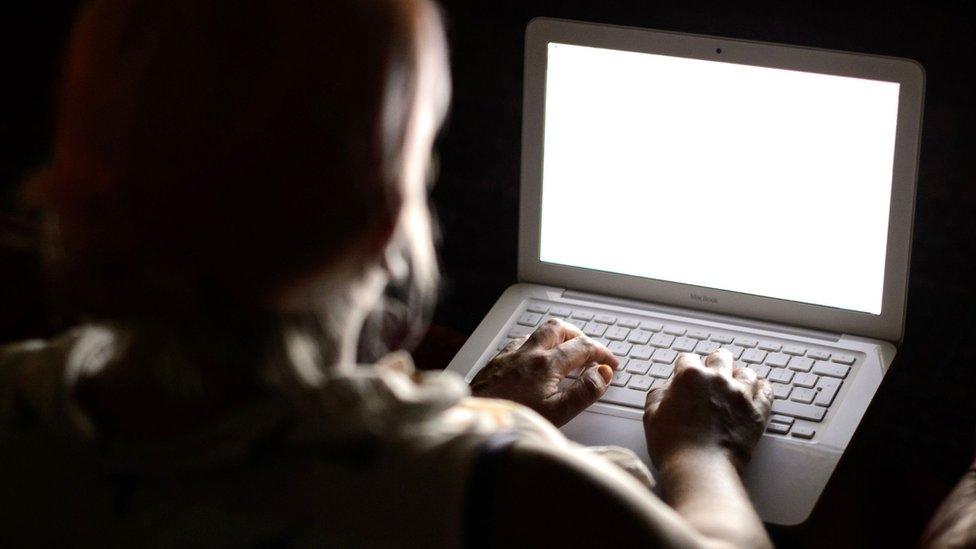
- Published6 July 2015
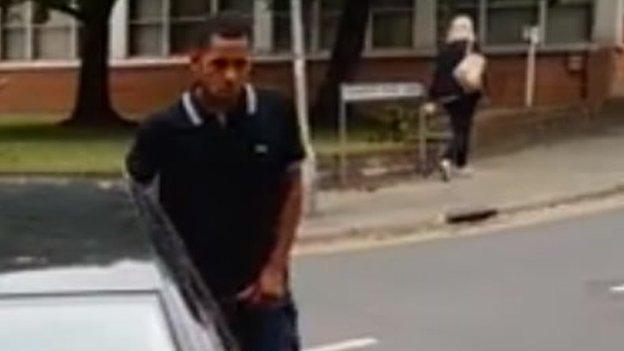
- Published10 June 2015
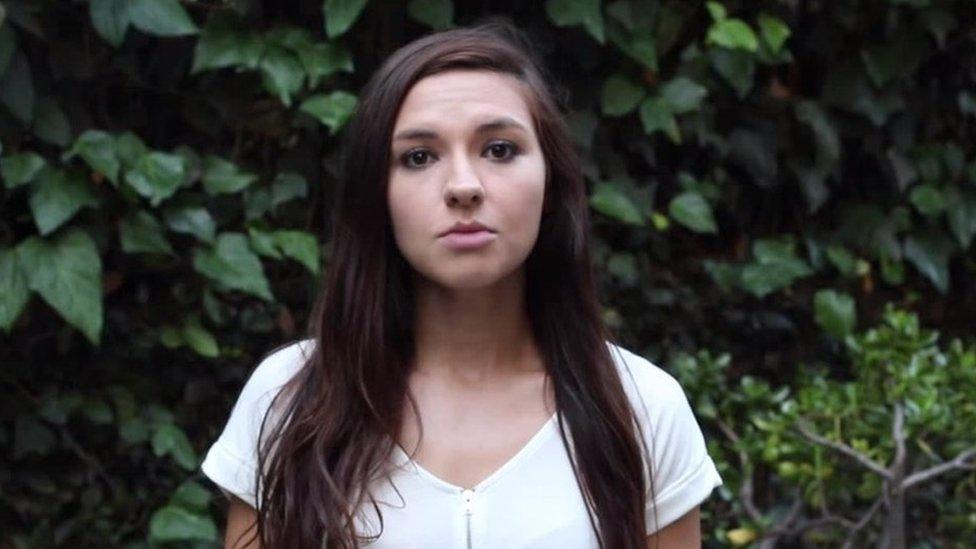
- Published12 February 2015
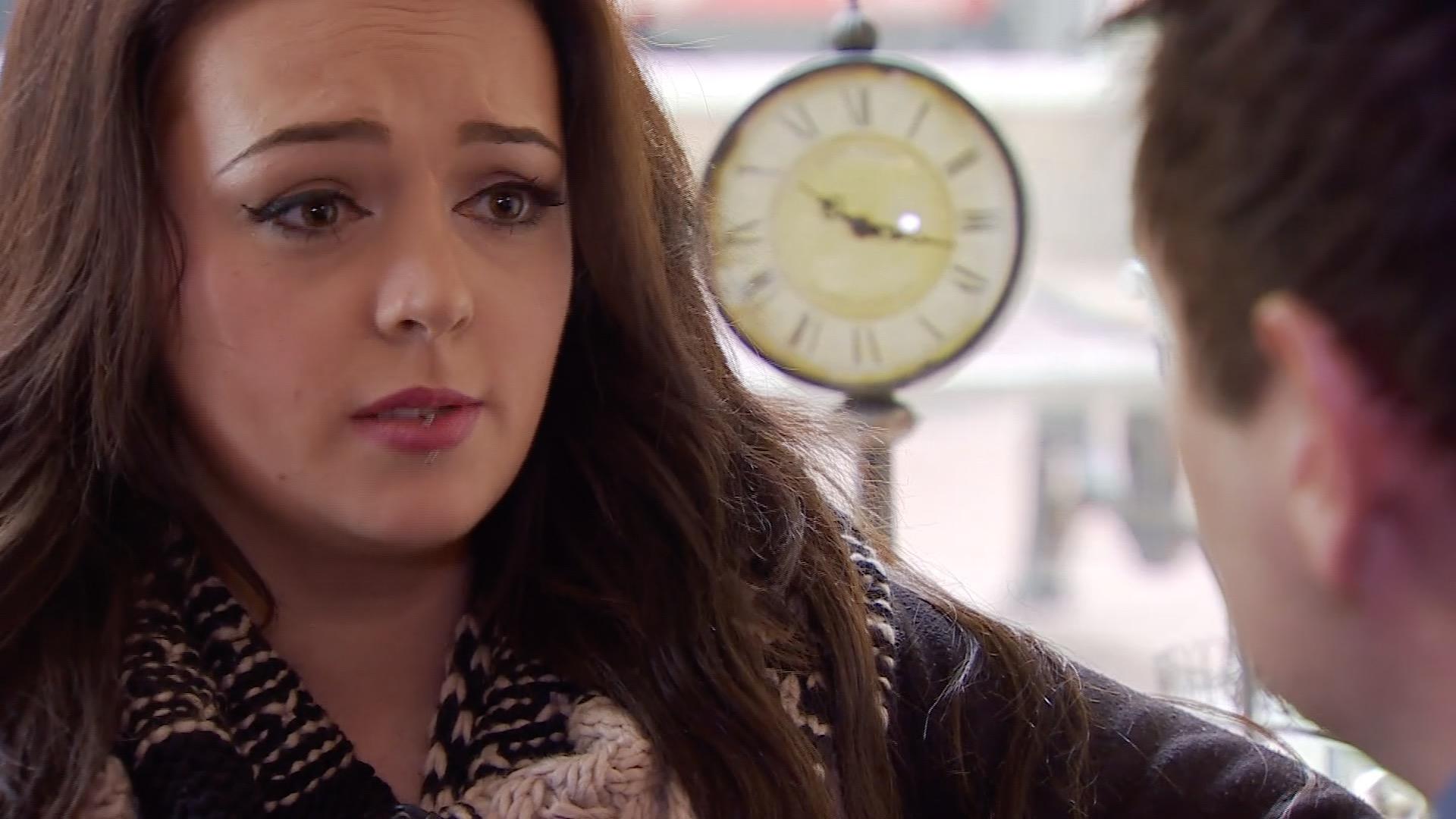
- Published12 February 2015
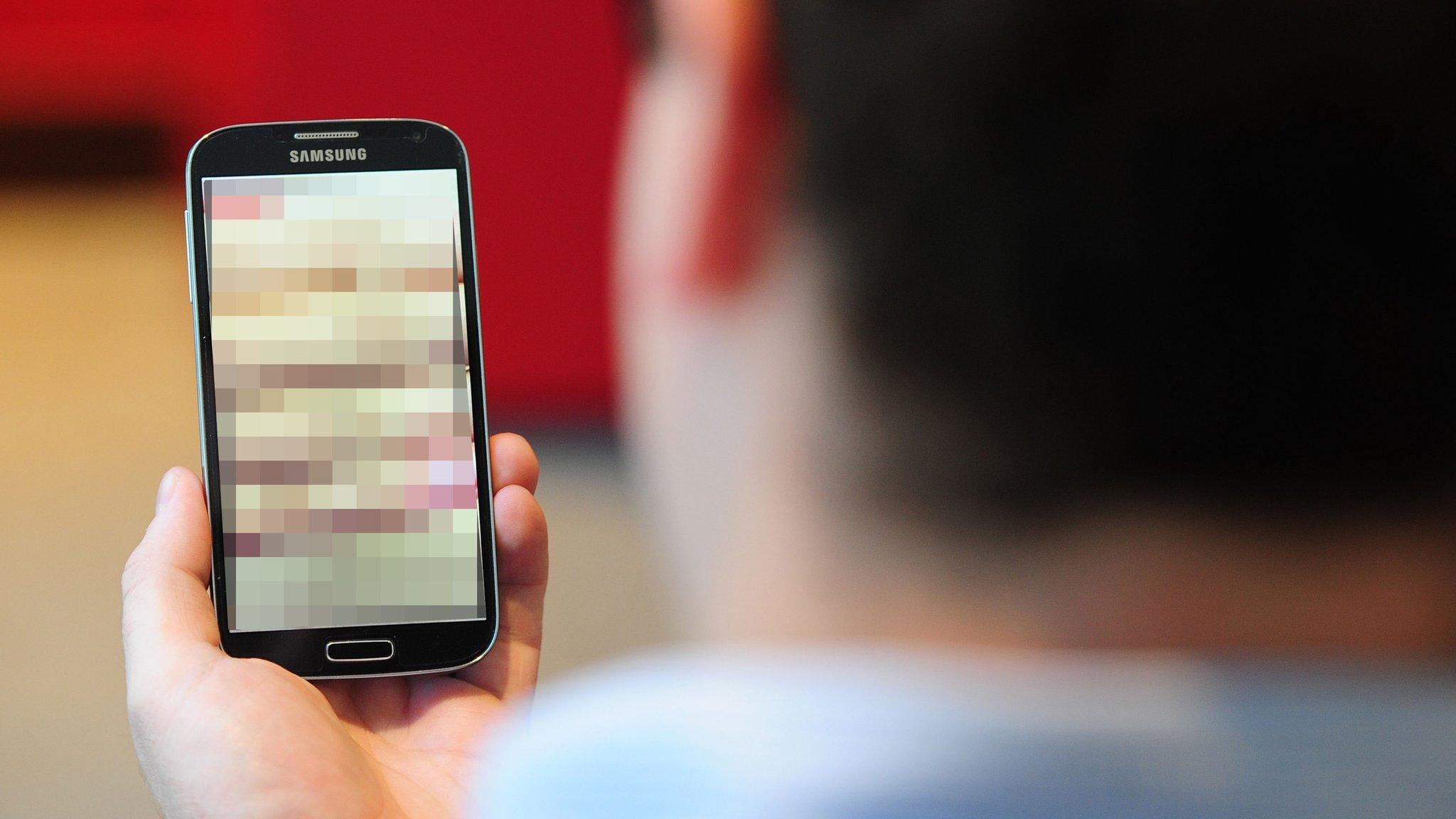
- Published28 December 2014
